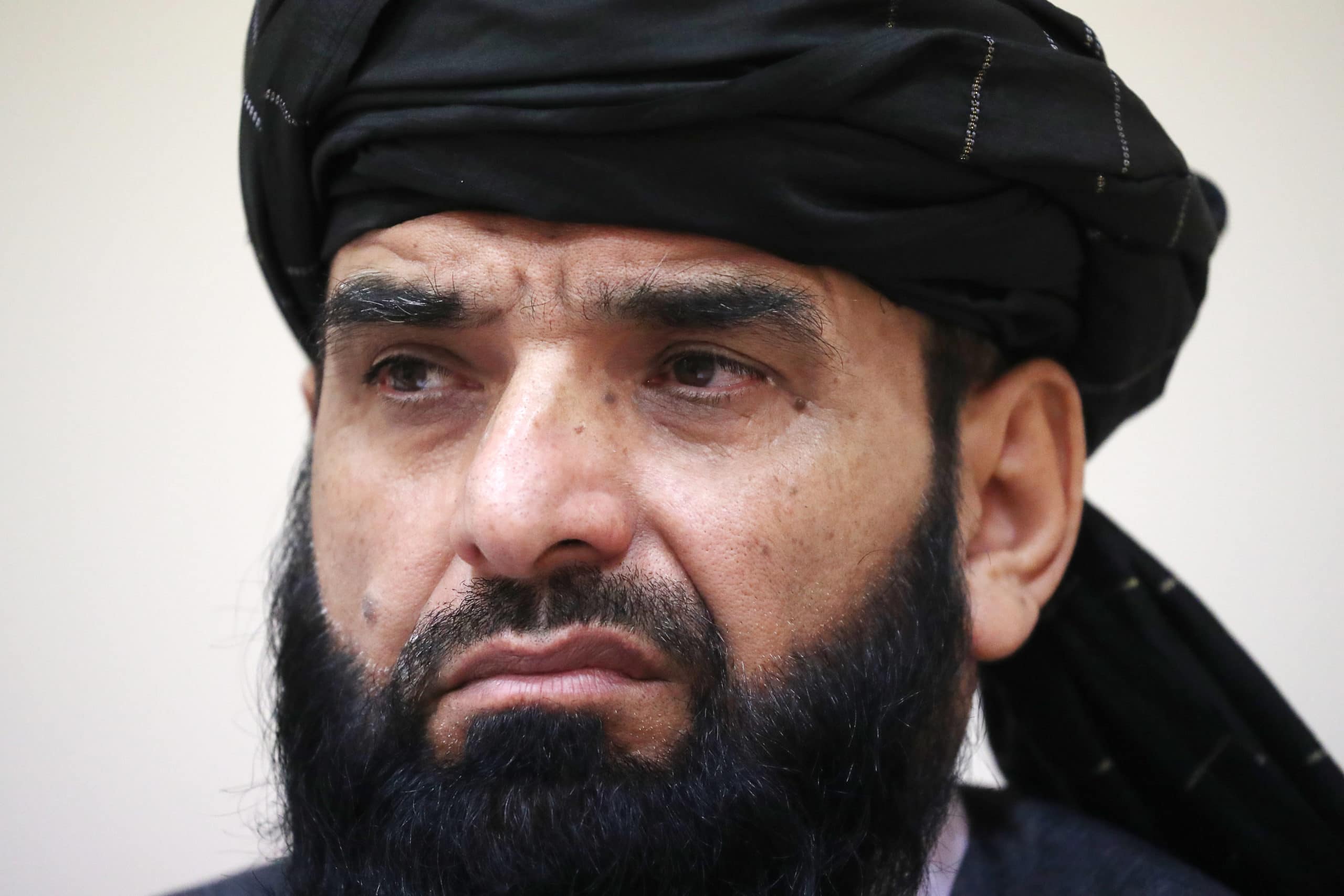TOPLINE Weeks after the Taliban wrested control over Afghanistan from the country’s former government, the group is asking to participate in the United Nations’ annual General Assembly as it angles for international recognition.
KEY FACTS
U.N. Secretary-General Antonio Guterres received a letter Monday purporting to be from the Islamic Emirate of Afghanistan, the Taliban’s formal name for its government, Guterres’ spokesperson Farhan Haq confirmed to Forbes.
The group asked to join the 76th session of the U.N. General Assembly, an annual meeting of world leaders in New York City that opened this week and will end Monday.
The letter also said Taliban spokesperson Souhail Shaheen should replace the former Afghan government’s permanent representative to the United Nations, according to Haq.
Taliban spokesperson Zabihullah Mujahid indicated an interest in recognition Tuesday, claiming “the responsibility of the United Nations to recognize our government [and] for other countries … to have diplomatic relations with us,” the New York Times reported.
Reuters first reported on the Taliban’s U.N. request Tuesday.
WHAT TO WATCH FOR
It’s not clear whether the U.N will review the Taliban’s request by the time this year’s session wraps up. The U.N. General Assembly’s credentials committee was tasked with handling the Taliban’s letter, but that group — which includes the United States, China, Russia and six other U.N. members — hasn’t scheduled any meetings yet, Haq told Forbes.
KEY BACKGROUND
The Taliban swept to power in Afghanistan over the summer as the U.S. military withdrew its troops from the country, and by mid-August, the group entered the capital of Kabul for the first time since the United States launched its war in Afghanistan in 2001. The group says it wants diplomatic relations with the rest of the world, and it has publicly promised to respect women, grant amnesty to Afghans who worked for the former government and allow people to leave Afghanistan. However, reports have emerged of Taliban operatives barring women from work and school, meting out harsh punishments and searching for the group’s adversaries — echoing the harsh, fundamentalist style of governance imposed by the Taliban when it first ruled Afghanistan from 1996 to 2000. The Taliban also faced rebukes earlier this month for forming a cabinet composed largely of Taliban operatives — including a leader of the Haqqani Network, a U.S.-designated terrorist group. On Tuesday, the group said it would eventually add women to its cabinet, but didn’t specify when.
TANGENT
Foreign governments still haven’t recognized the Taliban as Afghanistan’s legitimate rulers yet, though officials from Pakistan and Qatar reportedly met with the Taliban in Afghanistan earlier this month, and the U.S. military spoke with the Taliban during its frantic evacuation mission from Kabul’s international airport in August. Pakistan’s foreign minister said Monday he doesn’t think “anyone is in a rush to recognize at this stage,” the Associated Press reported, even though Pakistan recognized the Taliban during its first stint in power and has faced allegations of supporting the group since then, a charge the country denies.
BY Joe WalshForbes Staff
